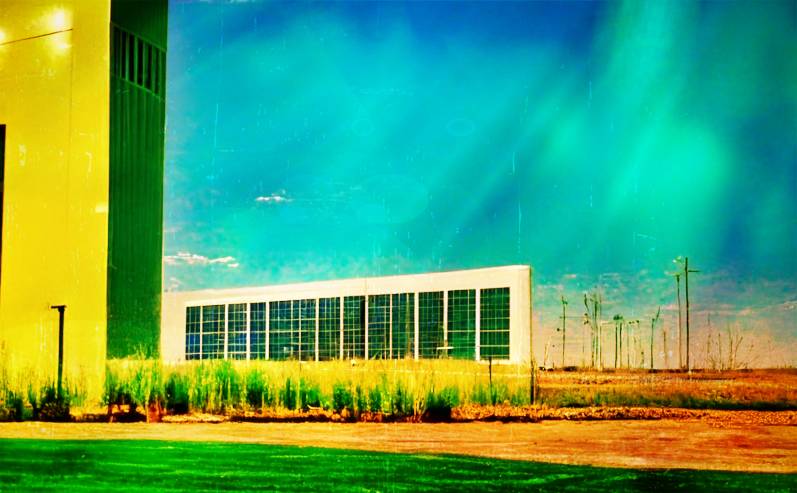
Panasonic Looking at Potential EV Battery Plant in Oklahoma
Oklahoma may have lost to Texas and Kansas when Tesla and Panasonic were looking for a new U.S. factory site, but the Sooner State’s efforts might finally be paying off.
As per recent reports, Tesla supplier Panasonic is reportedly in discussions to build another battery factory in the U.S., and it would be worth about $4 billion.
Prior to Panasonic’s decision to build a battery factory in Kansas, reports suggested the Japanese company was considering both Kansas and Oklahoma as potential sites for its new facility. Panasonic’s Kansas plant is expected to produce 4680 cells for Tesla’s Gigafactory Texas, which is producing popular vehicles like the Model Y and, in the near future, new products like the Cybertruck.
Citing individuals familiar with the matter, The Wall Street Journal said Panasonic is now looking at Oklahoma as the location of a new battery plant. The publication’s sources, however, said there is no guarantee yet an agreement will be reached.
People allegedly familiar with Panasonic’s plans have described two U.S. plants as “twins” with similar capacities. This suggests the Oklahoma site may also be tapped to supply Tesla.
A spokesperson for Oklahoma Gov. Kevin Stitt has so far declined to comment on the matter.
Oklahoma has been fighting hard to secure a deal with key companies involved in the development of electric vehicles—and it has come close. The state was shortlisted by Tesla when the EV maker was searching for the site of its Cybertruck factory, to the point CEO Elon Musk met with state officials to see if a deal could be reached. Ultimately, Oklahoma lost to Austin, TX, to be the site of Tesla’s Giga Texas.
Oklahoma was also reportedly shortlisted by Panasonic when it was looking for a new U.S. battery factory site. But despite putting together an beneficial incentive package for Panasonic, Oklahoma lost to Kansas.
If the WSJ’s sources prove accurate, perhaps Oklahoma’s efforts will finally bear fruit, and the state could be one of the key players in the U.S.’ electric vehicle revolution.





